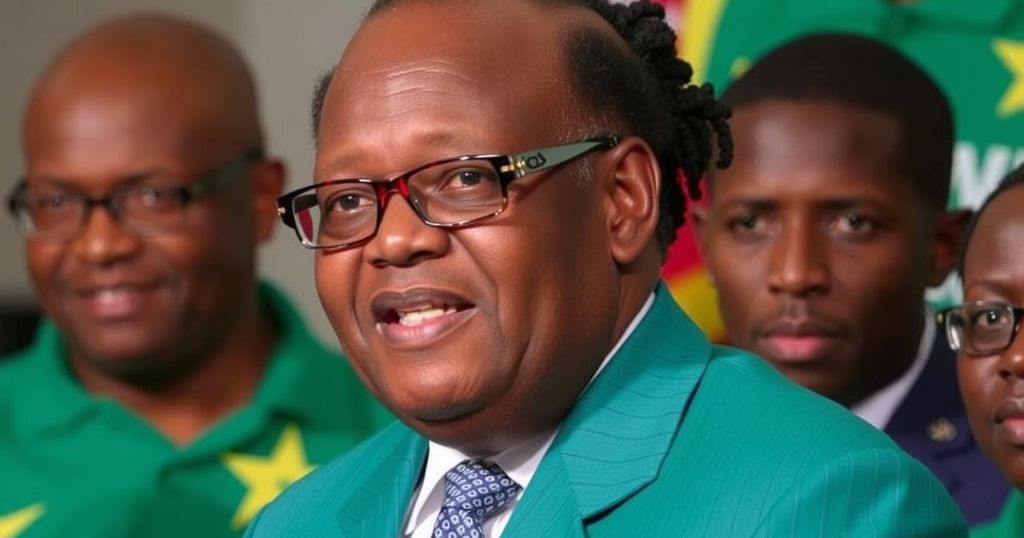Mozambique’s Top Court Validates Election Amid Protests and Tensions
Mozambique’s top court confirmed Daniel Chapo’s victory in the October presidential elections amid ongoing protests over alleged rigging. The ruling, which noted discrepancies in vote counting, has led to calls for continued demonstrations by opposition leader Venâncio Mondlane. The unrest comes as Mozambique also faces challenges from a recent devastating cyclone, complicating the political and economic landscape as the new president prepares to take office.
Mozambique’s highest court has officially validated the election results from October, which confirmed the ruling Frelimo party’s candidate, Daniel Chapo, as the victor. Chapo secured 65.2% of the vote according to Lúcia Ribeiro, chair of Mozambique’s constitutional council, a decrease from the initial figure of 70.7% reported by the election commission. The opposition leader, Venâncio Mondlane, garnered 24.2%, showing slight improvement but still failing to achieve the majority he asserted was necessary.
The council’s report noted irregularities in vote counting without detailing the specific issues identified. Moreover, the Podemos party, aligned with Mondlane, was accused of submitting exaggerated figures during their objections to the election outcomes. Following the council’s announcement, Mozambique has experienced violent protests, a situation exacerbated by accusations of electoral misconduct, with Human Rights Watch reporting significant loss of life and civil unrest.
In light of the ruling, there have been calls for continued demonstrations, as Mondlane urged his supporters to remain vigilant but peaceful. His remarks suggested that the integrity of the electoral process was paramount for national stability. The unrest has further strained the economy, which is also grappling with the aftermath of Cyclone Chido that recently struck the region.
Chapo, set to assume office on January 15, expressed intentions to initiate electoral reforms, emphasizing the importance of dialogue for achieving social harmony. Analysts noted that the current political climate in Mozambique reflects a shift, with traditional power dynamics being challenged by a younger, disillusioned populace, exemplified through Mondlane’s increasing appeal. This new political landscape may redefine engagements between citizens and their government, posing significant implications for Mozambique’s future governance.
The article pertains to the political situation in Mozambique following the October presidential elections, where allegations of electoral malpractice have sparked widespread protests. The ruling party, Frelimo, has faced accusations of vote rigging, creating frustration among voters, particularly the youth who resonate with the opposition leader. The backdrop includes both political unrest and natural disaster challenges, which complicate the country’s already fragile socio-economic environment.
The confirmation of the election results by Mozambique’s constitutional council marks a crucial moment in the country’s political landscape, potentially inciting further protests and civil unrest. The ruling reinforces the challenges faced by the opposition and highlights a growing discontent among the populace. As political reforms are anticipated, the ongoing tensions between the government and the youth-led movements suggest a dramatic shift in Mozambique’s political dynamics that could shape its future.
Original Source: www.theguardian.com




Post Comment